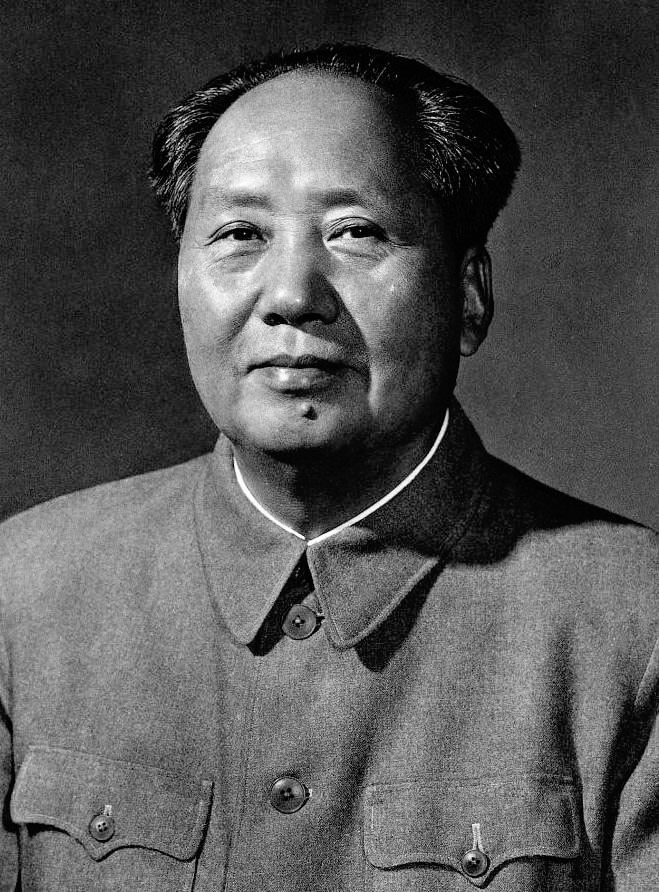Historical documents provide context for past moments in time. For instance, on January 5, 1930, Mao Zedong wrote a letter to Lín Biāoin in which he was critical of how his Party would proceed with its revolution. Almost a century later, this letter is one of the thousands of documents and artifacts preserved in posterity for future study of Mao Zedong and his influence on Chinese and global histories. The quote "A single spark can start a prairie fire" refers to what Mao Zedong called the "peasant problem." But what do prairie fires have to do with Chinese peasants?
A Single Spark Can Start A Prairie Fire
Chinese leaders have used the prairie fire quote throughout Chinese History. The concept was documented more than 2,000 years ago when it was used literally, asking if a grassfire can be extinguished if no one can go near it. The English translation is, "If a fire rages on the grassland and one cannot go near, can it still be extinguished?" Zhāng Jūzhèng from the Ming Dynasty used the phrase in the sixteenth century but dropped the last part to make the three-letter English translation phrase "a single spark."
The Chinese spelling carries weight in Chinese culture as its meaning is clear. Push the Chinese people too far, and they will rise up and overthrow the government. Mao Zedong knew this in the years before his political party eventually took power in 1949. Mao Zedong became Chairman Mao, leader of the People's Republic of China, run by the Communist Party of China. This is the same political party that is now dealing with widespread protests over Pandemic lockdowns.

